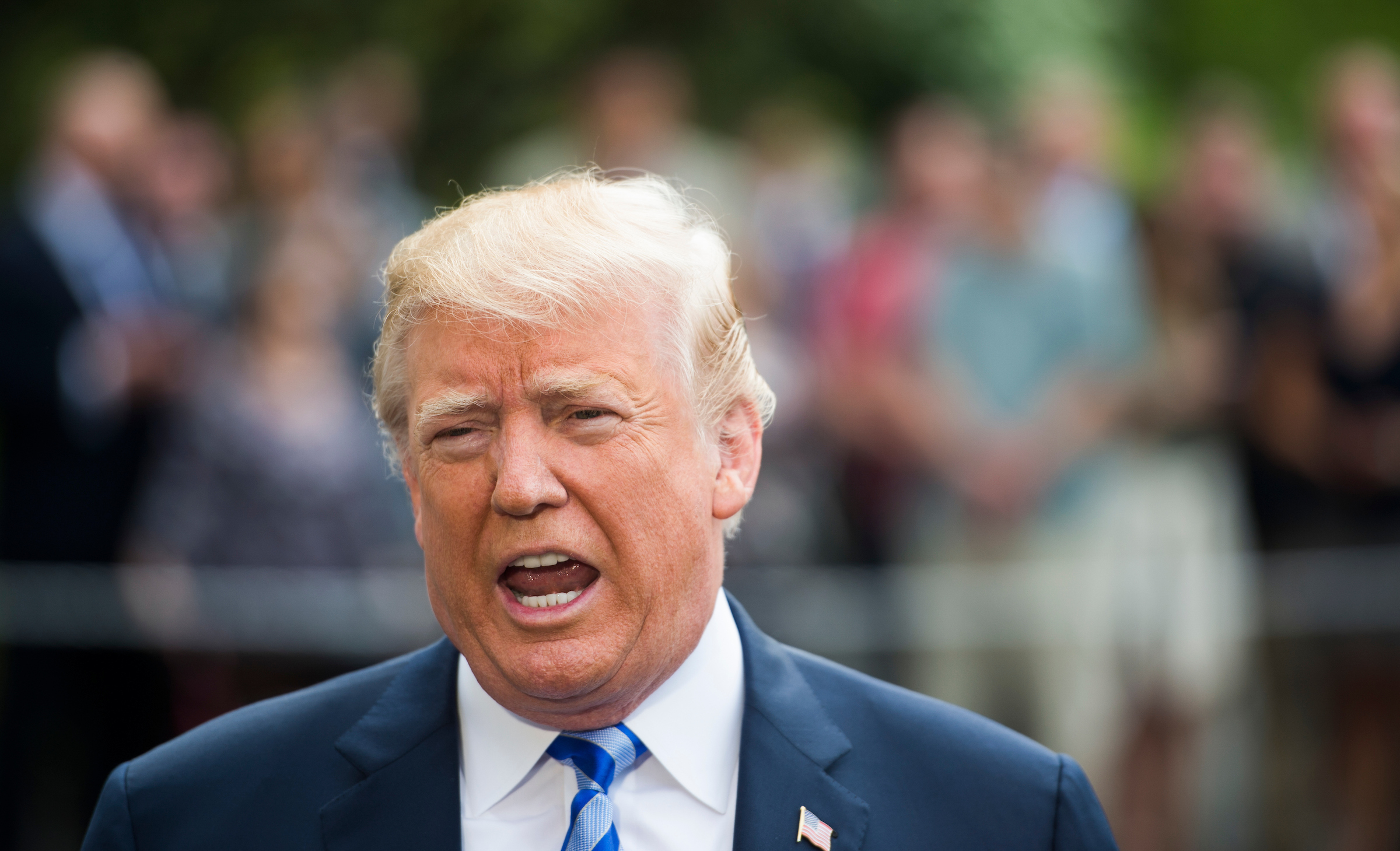Trump Backtracks, Turns to Congress to Police China, Others
Committee could determine if restrictions on tech investments are needed

The Trump administration will rely on Congress to produce legislation that would restrict new Chinese investments in U.S. technology companies, backing away from a earlier threat to issue specific restrictions on such investments in “industrially significant” areas of the U.S. economy.
In a Wednesday morning call with reporters, senior administration officials said President Donald Trump opted to have the Committee on Foreign Investment in the United States — known as CFIUS — determine if restrictions on Chinese investments in the U.S. are needed, as the panel offers a process that is familiar to investors and to U.S. allies. The panel reviews proposed investments in U.S. businesses by foreign investors.
The House on Tuesday approved a bipartisan bill 400 to 2. The legislation would give the interagency panel expanded authority to review cross-border business deals — other than takeovers — that involve sensitive technology transfers or sites near sensitive U.S. government facilities and have national security implications.
The chamber is scheduled Wednesday to vote on a motion or agreement to authorize the creation of a conference committee that will negotiate a final version. The House would frame the chamber’s position in a conference committee on the fiscal 2019 defense authorization bill, to which the Senate has attached a similar security review proposal from Senate Majority Whip John Cornyn, R-Texas. The Senate passed the defense policy measure on June 18.
The White House officials said the administration does not favor one bill over the other but believes Congress can deliver final legislation that is “strong and responsive” in protecting sensitive U.S. technology.
In May, the administration had announced that the Treasury Department would issue restrictions on Chinese investments as part of a Section 301 investigation under the Trade Act of 1974 into Beijing’s policies and practices on trade and investments.
Several issues need resolution during conference with Senate legislation, including language in the House bill but not in the Senate version that would require a specific, capped CFIUS fee and would formulate a blacklist of countries of special concern. The House bill would include on that list countries under military end-use export controls like China, Russia and Venezuela, under U.S. arms embargoes, or nations listed by the State Department as state sponsors of terrorism as being of special concern.
Negotiators also would need to resolve how to define passive investments in sensitive projects that would be exempted from certain reviews and restrictions because they do not involve foreign control or active management.
In a statement, Trump said, “I have concluded that such legislation will provide additional tools to combat the predatory investment practices that threaten our critical technology leadership, national security, and future economic prosperity.”
If Congress does not produce a compromise bill, Trump said his administration would “deploy new tools, developed under existing authorities” to protect U.S. technology and intellectual property.
Senior White House officials said the administration will work with Congress during the conference to shape the final legislation. Trump, meanwhile, is directing the Commerce Department to review the Export Control Act with an eye on recommending ways to revamp the law, which is designed, in part, to limit access to the most sensitive U.S. technology and weapons for national security purposes.
Watch: Rubio Leads Chorus of Lawmakers Critical of Trump’s Trade Talks With China
Alan K. Ota contributed to this report.





